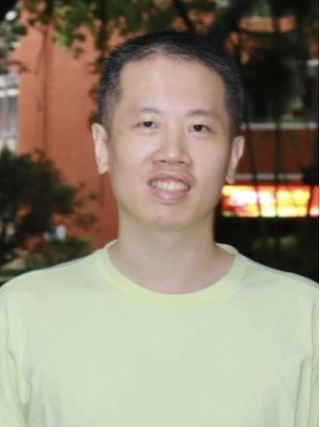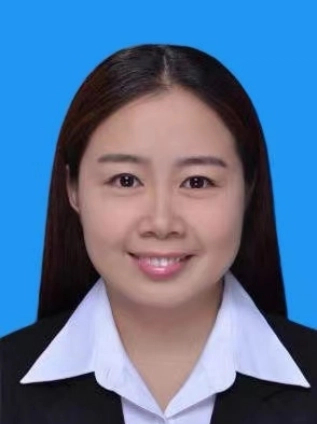Special Session 2
Dual-dimensional Innovation in STEM Education: Digital Transformation & Human-AI Collaborative Teaching
Description: This special session, themed "Dual-dimensional Innovation in STEM Education: Digital Transformation & Human-AI Collaborative Teaching," addresses core challenges in STEM education including difficulties in interdisciplinary resource integration, insufficient practical learning scenarios, and critical teacher capacity gaps. It explores the deep convergence of digital transformation—characterized by intelligent resource development and data-driven decision-making—with human-AI collaborative teaching approaches exemplified through AI inquiry assistants and virtual lab mentors, driving the evolution of STEM education from discipline-specific knowledge delivery to cultivating interdisciplinary innovation literacy. The session establishes six interconnected sub-themes: intelligent generation and collaborative governance of interdisciplinary STEM digital resources; human-AI co-reconstruction of inquiry-based teaching models; data-driven STEM competency modeling with adaptive evaluation; AI-empowered innovation in blended physical-virtual practice environments; digital equity assurance mechanisms for inclusive STEM education; and multi-stakeholder synergy in building sustainable STEM innovation ecosystems, collectively forging a technology-enhanced, human-centered paradigm for transformative STEM education.
Session organizers
Senior Engineer Jian Lin, Lingnan Normal University, China
Dr. Pengli Wang, Guangdong Polytechnic Normal University, China
The topics of interest include, but are not limited to:
▪ Intelligent Generation and Collaborative Governance of
Interdisciplinary STEM Resources
▪ Human-AI Collaborative Reconstruction of Inquiry-Based
STEM Teaching Models
▪ Data-Driven STEM Competency Modeling and Adaptive
Evaluation
▪ AI-Empowered Innovation in Virtual-Physical Practice
Environments
▪ Digital Mechanisms for Equity Assurance in STEM Education
▪ Multi-Stakeholder Synergy in STEM Innovation Ecosystems
Submission method
Submit your Full Paper (no less than 5 pages with two
colums) or your paper abstract-without publication (200-400
words) via
Online Submission System, then choose Special
Session 2 (Dual-dimensional Innovation in STEM Education:
Digital Transformation & Human-AI Collaborative Teaching)
Template
Download
Introduction of Session organizers
 Senior
Engineer Jian Lin
Senior
Engineer Jian Lin
Lingnan Normal University, China
Jian Lin, a Ph.D. in Educational Technology, a software
engineer, is an associate professor appointed by Lingnan
Normal University. His research focuses on the application
of digital educational resources and artificial intelligence
in education. In the past three years, the scholar has led
one project funded by the National Natural Science
Foundation of China (62307023), one project funded by the
Ministry of Education's Humanities and Social Sciences Fund
(23YJC880063), one Guangdong Provincial Philosophy and
Social Planning Project (GD23XJY72), participated in the sub
project of the Guangdong Provincial Philosophy and Social
Science Innovation Project (GD22TWCXGC10), and a key reform
project of the Guangdong Provincial Committee of the
Communist Party of China's Reform Office. He has published
five SCI and CSSCI papers in the field of intelligent
education applications. In 2019, he was awarded the honorary
title of "Guangdong Provincial Technical Expert" by the
Guangdong Provincial Department of Human Resources and
Social Security.
 Dr. Pengli Wang
Dr. Pengli Wang
Guangdong Polytechnic Normal University, China
Pengli Wang, Lecturer at Guangdong Polytechnic Normal
University, holds a doctoral degree from South China Normal
University and has been a visiting scholar at University
College Dublin (Ireland). Her research focuses on artificial
intelligence education, educational digital resource
development, learning analytics. She has led over five
projects, including those funded by the Guangdong Provincial
Philosophy and Social Science Planning. She has published
several papers in Chinese core journals, including China
Educational Technology and e-Education Research, and has
been involved in the formulation of industry standards for
educational informatization. Recently, she focuses on
educational assistance in the eastern, western, and northern
parts of Guangdong Province, as well as school brand
building, conducting a comprehensive diagnosis of the
characteristics of primary and secondary school operations.
